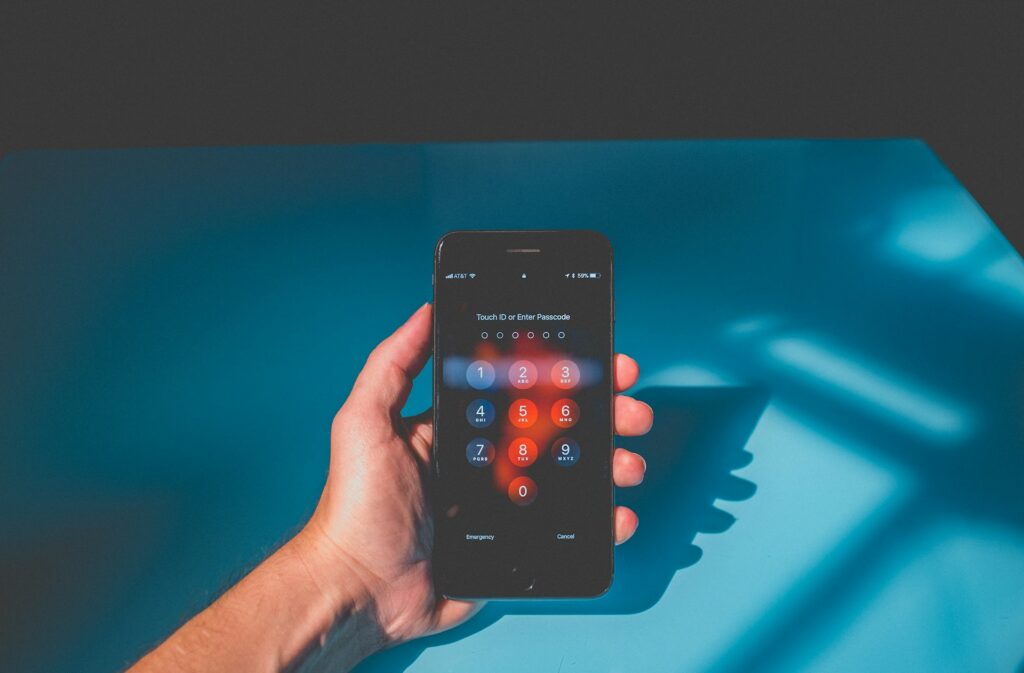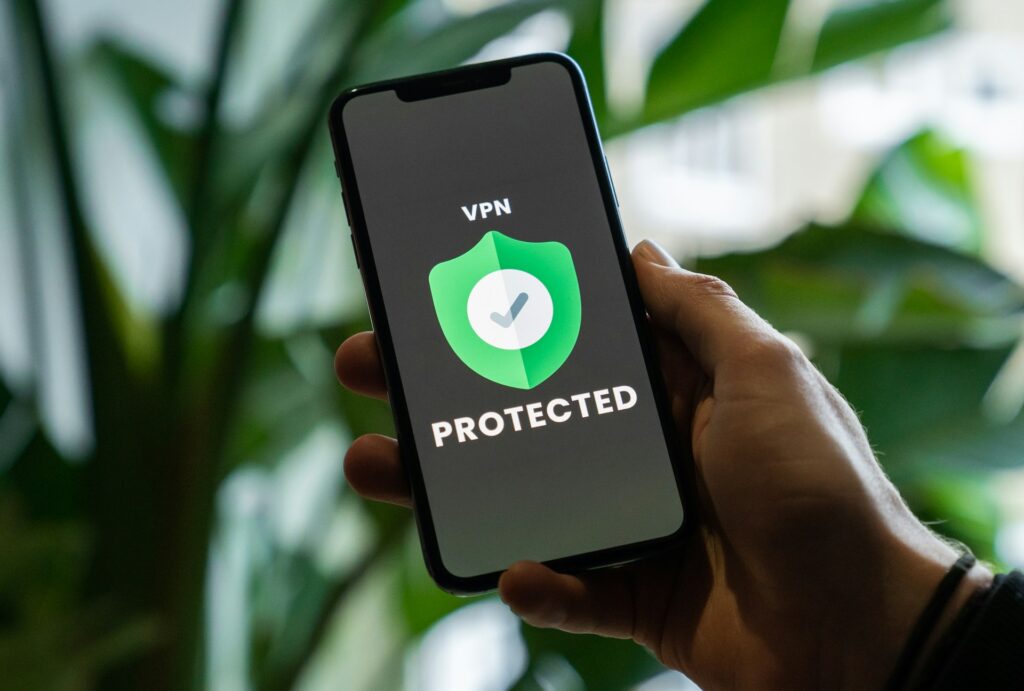Phone scams remain one of the most persistent and costly forms of fraud. Each year, millions of people fall victim to increasingly sophisticated schemes that target personal information, money, or both. These scams are not limited to any single demographic and can affect anyone who answers a call or responds to a text. This article covers the 10 most common types of phone scams in circulation today and provides practical advice on how to recognize and avoid them.
1. IRS or Tax Agency Impersonation Scams

This scam typically involves a caller claiming to be from the Internal Revenue Service or another government tax authority. The caller threatens the recipient with arrest, fines, or legal action for unpaid taxes. Victims are often pressured into making immediate payments through gift cards, wire transfers, or prepaid debit cards.
How to protect yourself: Government agencies will never demand payment over the phone or request gift cards as a payment method. If you receive such a call, hang up immediately and report the incident to the official tax authority in your country.
2. Tech Support Scams

Scammers pretending to be from major tech companies like Microsoft or Apple call to warn you about a supposed virus or security breach on your computer. They may ask for remote access to your device or request payment for fake software or services.
How to protect yourself: No legitimate company will call you out of the blue to report technical issues. Never give remote access to your device unless you initiated the support session and verified the technician’s identity.
3. Social Security or Medicare Scams

In this scam, fraudsters pose as Social Security Administration or Medicare officials and claim there are issues with your account or benefits. They may say your Social Security number has been suspended or used in a crime and ask you to confirm personal information or make payments.
How to protect yourself: Real agencies do not suspend Social Security numbers or request sensitive details over the phone. Always verify the caller by hanging up and calling the official number listed on the agency’s website.
4. Bank or Credit Card Scams

Scammers impersonate banks or credit card companies to claim there has been suspicious activity on your account. They might ask for your card number, expiration date, security code, or online banking login credentials.
How to protect yourself: Your bank will never call asking for complete account details. If in doubt, hang up and contact your bank directly using the number on the back of your card.
5. Prize or Lottery Scams

These scams inform you that you have won a large prize, sweepstakes, or lottery. To claim your reward, you are told to pay taxes, fees, or processing costs upfront. In reality, there is no prize and the caller simply disappears after collecting your money.
How to protect yourself: You cannot win a lottery or sweepstakes that you did not enter. Never pay fees to claim a prize. Legitimate winnings do not require upfront payment.
6. Robocall and Spoofing Scams

Robocalls use prerecorded messages to deliver scams on a massive scale. These calls may spoof the caller ID to look like a local or trusted number. Common robocall scams include fake charities, car warranty renewals, or debt reduction offers.
How to protect yourself: Do not answer unknown or suspicious numbers. Use call-blocking apps or carrier-provided services to filter robocalls. Report unwanted calls to the Federal Trade Commission or relevant authorities in your region.
7. Romance Scams

Romance scams often begin through dating apps or social media platforms but evolve into phone conversations. The scammer builds a relationship with the victim and then asks for money, often claiming they are in trouble or need funds to visit.
How to protect yourself: Be cautious when someone you have never met in person asks for money. Avoid sharing financial or personal information and perform image searches to check for stolen profile photos.
8. Charity Scams

These scams prey on goodwill, especially after natural disasters or during holiday seasons. Scammers pose as representatives of charitable organizations and request donations over the phone, often using emotional appeals.
How to protect yourself: Donate only to verified charities. Avoid giving out credit card numbers or bank details over the phone. Use official websites or platforms to contribute directly.
9. Family Emergency Scams

Also known as the “grandparent scam,” this scheme involves a caller pretending to be a relative in urgent need of help. They might say they have been arrested, are stranded in another country, or were in an accident. They plead for secrecy and immediate financial assistance.
How to protect yourself: Always verify the identity of the person by calling them directly or checking with another family member. Never rush into sending money based on an emotional call.
10. Business or Employment Scams

These scams target job seekers and entrepreneurs. A scammer may offer you a fake job or investment opportunity and then ask for personal information, upfront fees, or bank details. Some scams involve fake check schemes where you are sent a fraudulent check and asked to forward part of the funds.
How to protect yourself: Research job offers and companies thoroughly. Be skeptical of jobs that require payment upfront or promise high income for little effort. Never deposit or cash checks from unknown sources.
Key Signs of a Phone Scam

Recognizing the red flags can help you avoid falling victim. Here are some common indicators:
- The caller demands immediate payment or personal information
- You are told to pay using gift cards, wire transfers, or cryptocurrency
- The caller uses threats, intimidation, or urgent language
- Caller ID appears local but the person is evasive about their identity
- The offer or claim seems too good to be true
Steps to Take if You Receive a Suspicious Call

- Hang up without engaging with the caller
- Do not press any buttons, even to opt out
- Block the number using your phone settings or a call-blocking app
- Report the number to government agencies like the Federal Trade Commission or the Federal Communications Commission
- Notify your phone carrier about frequent scam calls
- If you shared sensitive information, monitor your accounts and consider freezing your credit
How to Avoid Falling for a Phone Scam

- Let unknown numbers go to voicemail
- Educate yourself and your family about common scams
- Use strong account passwords and enable two-factor authentication
- Keep your phone’s software and apps updated
- Register your number with the National Do Not Call Registry
- Trust your instincts, if something feels wrong, it probably is
Final Thoughts

Phone scams are evolving constantly but they all rely on a few basic tactics, urgency, fear, and deception. Being informed and cautious is your best defense. By understanding how these scams work and taking proactive measures, you can protect your personal information, finances, and peace of mind. Always verify, never rush into decisions, and when in doubt, hang up and investigate.
Read More: The Growing Fear That Social Security Won’t Deliver
Disclaimer: This article was created with AI assistance and edited by a human for accuracy and clarity.

